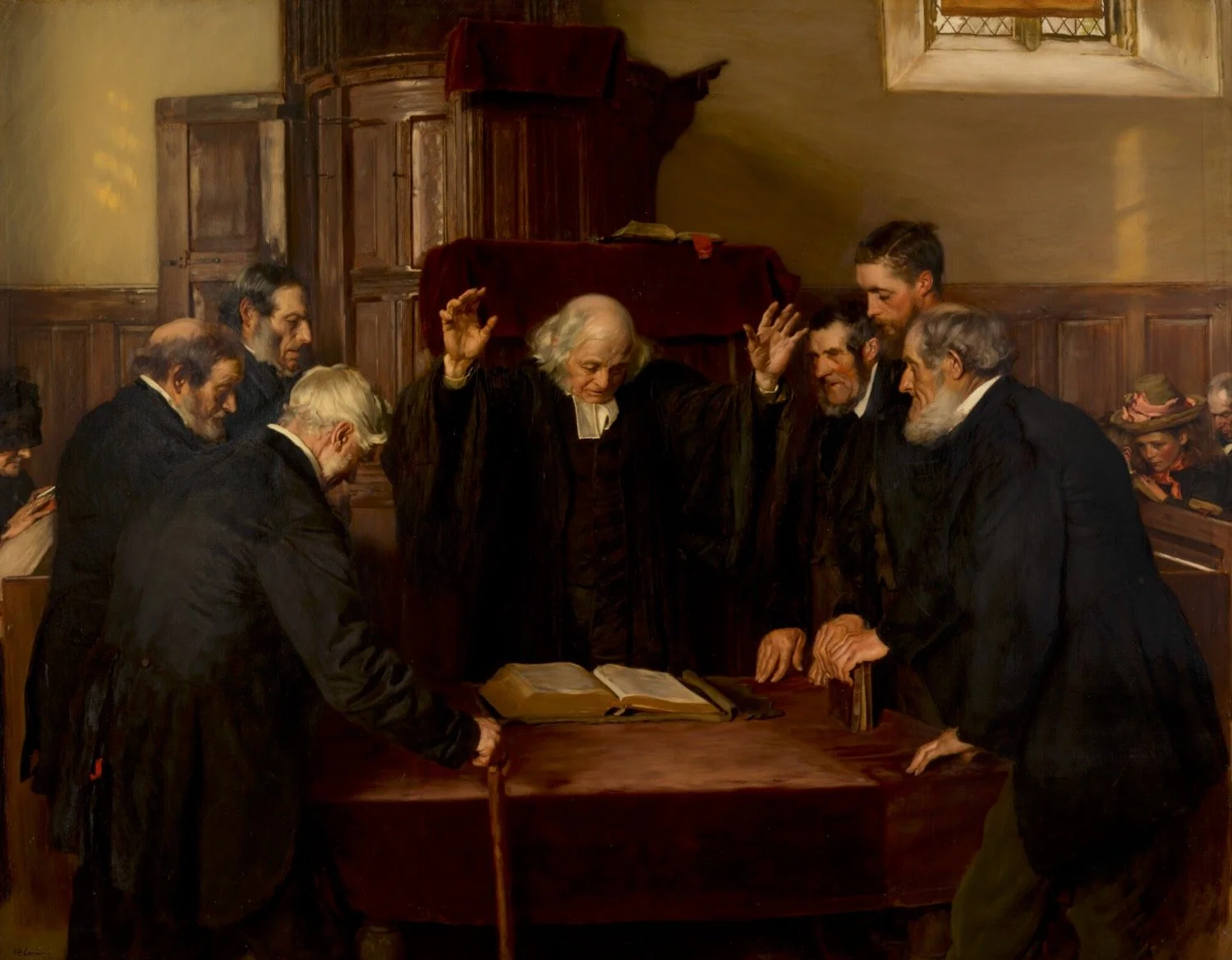Readings for today: 1 Corinthians 5-8
Homer’s Iliad. The poetry of Sappho and Ovid. Pindar’s Odes. Plato’s Symposium. The Sacred Band of Thebes. The Greek and Roman world in which the early Christians were living was a highly eroticized one. Sexuality in all its forms was celebrated and embraced. Older men were encouraged to build homoerotic relationships with younger men. Homosexuality, lesbianism, and bi-sexuality were well-known and commonly practiced. Temple prostitution was normalized as farmers slept with high priestesses to ensure the fertility of their crops for the coming year. Sexual promiscuity and adultery were not considered taboo. Sexuality was a widespread theme permeating art, comedy, poetry, and philosophy. Sex was even used to bond men together in some of the great militaries of the period.
By contrast, Jews and Christians practiced sexual restraint. They saw sex as a sacred act that bonded one man with one woman for a lifetime. Created to symbolize the “one flesh” God intended for men and women to experience with one other, Jews and Christians maintained a healthy respect for its power. This is why they established strong taboos against any sexual activity outside the bonds of covenant marriage. They recognized that sex was not purely physical but a sacred act that bonded people emotionally and spiritually as well. To disregard the depth of the sexual experience or share it with more than one partner was to commit a sin against one’s own body which itself was a temple of the Holy Spirit. Sexual promiscuity was therefore intimately tied to ritual purity which is why transgressions took on a more serious tone.
The Apostle Paul was immersed in the Judeo-Christian world of sexual restraint. The Corinthian Christians were coming out of the Greco-Roman culture of sexual promiscuity. You can see why these two worlds would clash. Paul confronts the Corinthian believers with some of his strongest language yet. Calling for the excommunication of a man who slept with his father’s wife. Commanding the Corinthians not to associate with the sexually immoral. Most certainly, they should not engage with temple prostitutes and local fertility cults! At the same time, husbands should not deprive their wives of sex nor should wives do the same to their husbands. Celibacy is not God’s design for marriage. I truly see this as Paul at his pastoral best. Applying the gospel to the complex social and cultural realities that existed in this particular part of the world, particularly because he believed time was growing short and Jesus was coming soon.
But do these same principles hold true for us today? Many do not believe so including more progressive groups of Jews and Christians. But the Bible is univocal from Old to New Testaments about the sanctity of the sexual relationship. It is to be shared between one man and one woman within the covenant of marriage over the course of a lifetime. We see this principle established in Genesis, affirmed by Jesus, and re-affirmed by the Apostle Paul and the early Christians. Certainly one could point to deviations from this pattern throughout the Scriptures like the polygamy of the patriarchs. But those exceptions are “descriptive” not “prescriptive” and just because something appears in the Bible doesn’t mean God affirms it. As Christians, we are called to sexual holiness and purity. We are called to honor the sexual act as one of God’s great gifts and thereby exercise it under His divine authority.
We are witnessing one of the greatest moral shifts in history. Western culture is becoming increasing hyper-sexualized as it reverts back to more pagan, Greco-Roman sexual norms. Sexual promiscuity has been on the rise since the so-called sexual revolution of the 1960’s. Serial divorce is rampant. LGBTQ+ relationships are celebrated. The concept of “throuples” is quickly being embraced as definitions of marriage shift and change. The impact of all this rapid change is devastating on a lot of levels. Sexually transmitted disease. Unwanted pregnancies. Broken relationships. The objectification of the human body. Pornography. Harassment. Abuse. Violence. Rising rates of depression and anxiety. And let me be quick to add the answer is not “heterosexuality.” The answer is “holy sexuality.” Sexuality submitted to the Lordship of Jesus Christ and practiced within the covenant of marriage He established. When Christians follow the way of Jesus in this area of their lives, the positive impact on families and communities is obvious. This is one of the major reasons the Greco-Roman world embraced the Judeo-Christian sexual ethic in the first place. Sadly, our world has few such examples as too many Christians do not seem committed to following the will of God in this area of their lives. And it’s why the strong words of the Apostle Paul remain relevant for us today, “Flee sexual immorality…for you are not your own! You were bought at a price. So glorify God with your body.” (1 Corinthians 6:18, 20 CSB)
Readings for tomorrow: No devotionals on Sundays




